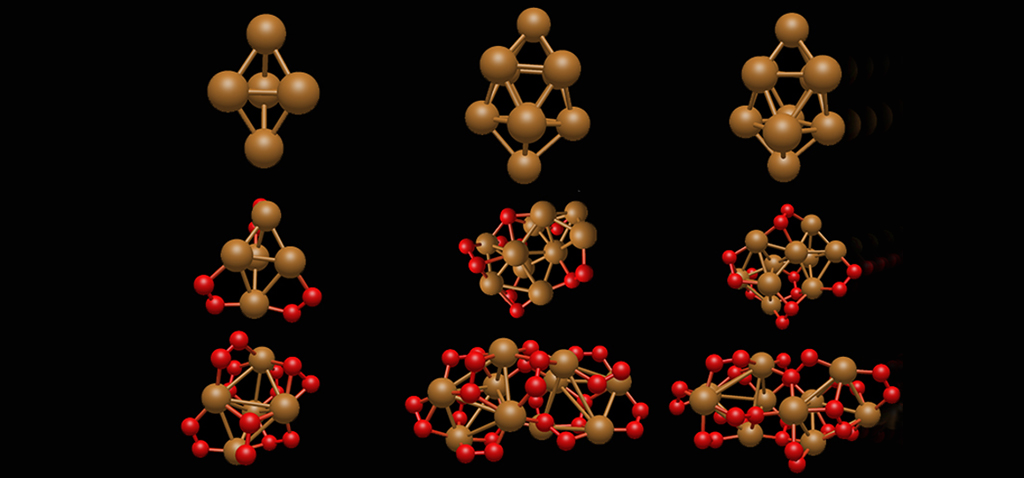Researchers from the University of Cadiz (UCA) and the Spanish National Research Council (CSIC) are leading a European research network on new nanomaterials. Cosy, whose full name is ‘Confined Molecular Systems: from the new generation of materials to the stars’, aims to provide computational and experimental pillars to understand the fundamentals of confined molecular systems (i.e. molecules interacting with the environment) in order to be able to control them. The platform brings together more than 150 research groups from some 35 European countries. On 1, 2 and 3 March, the network will hold its first face-to-face meeting at the University of Cadiz.
Cosy is a Cost action (European Cooperation Action in Science and Technology) with an initial budget of 600,000 euros until September 2026. It is structured into five working groups: intermolecular interactions, molecular motion in confined systems, confined nanoparticles of metals and metal oxides, helium nanogots in science and engineering, and confined systems in astrochemistry. For the study of these materials, ranging in size from a few nanometres to sub-nanometres, the consortium will combine new experimental techniques for synthesis and characterisation with modelling using methods from theoretical chemistry and molecular physics, including machine learning techniques and the generation of useful databases.


